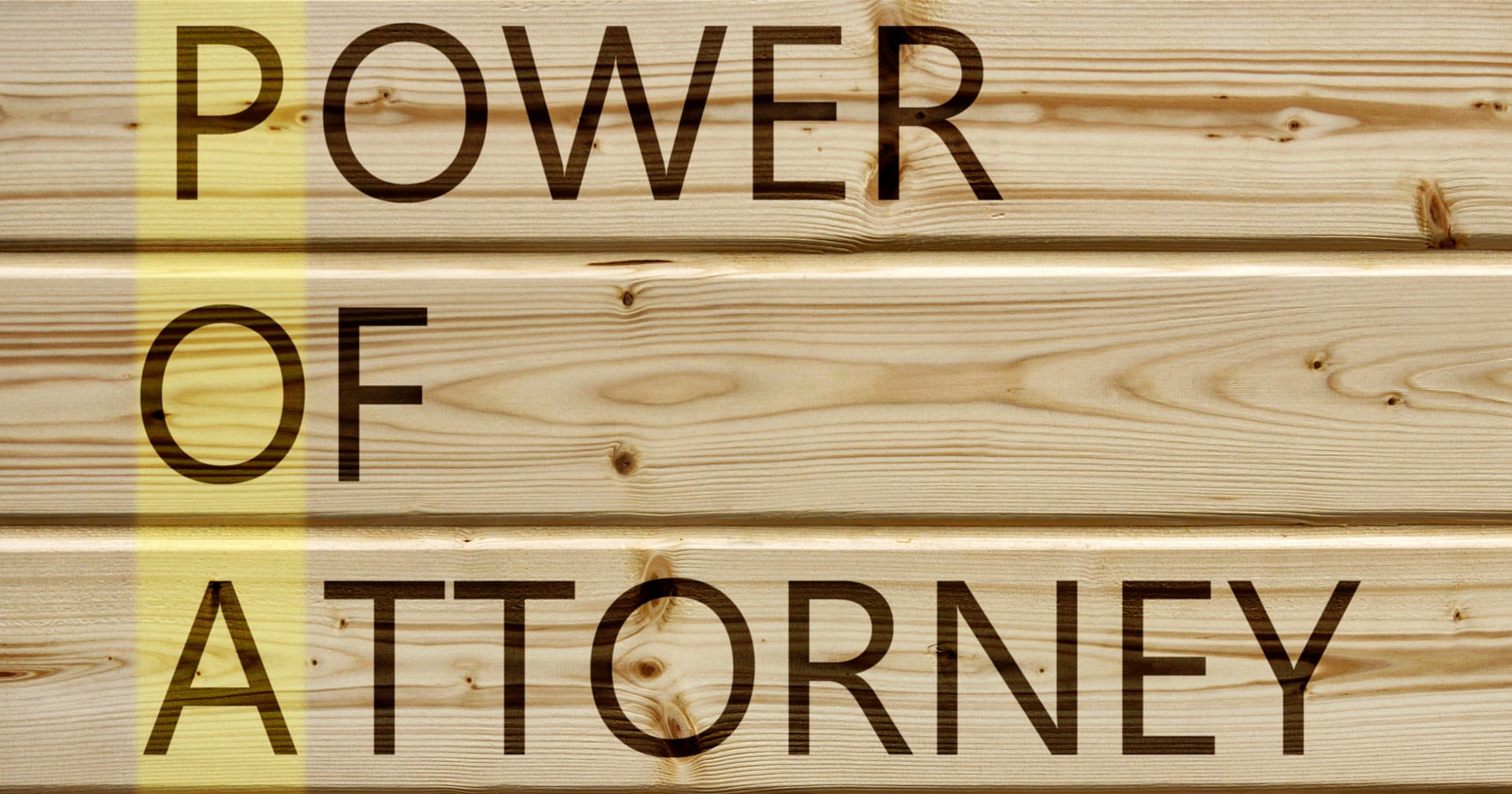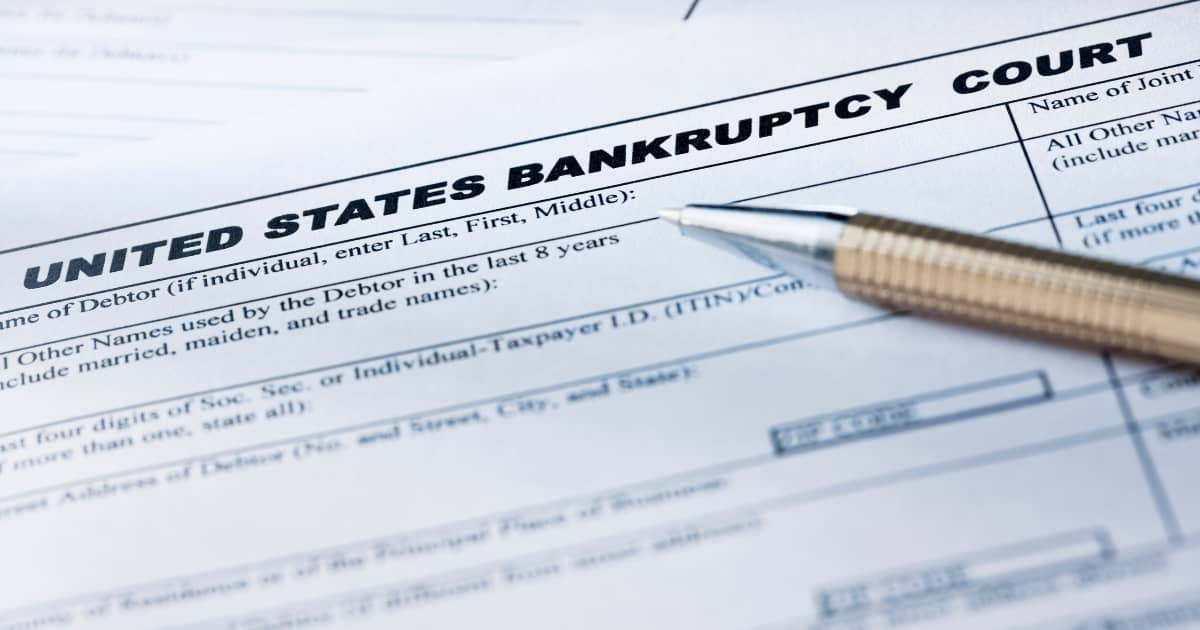
A recent study examined how many criminal cases go to trial in the United States. The authors found that only about 2% of federal defendants were convicted of a crime. In contrast, 90 percent of defendants pleaded guilty and eight percent had their case dismissed, according to Pew Research Center data.
The decline in the number of trials in the federal system has been a significant trend over the past two decades. Trials decreased from 7% of cases in fiscal 1998 to 2% in fiscal 2018. The total number of cases that went to trial dropped from 4,710 to 1,879 in the same period. This decline has contributed to a growing number of guilty pleas. In fact, ninety percent of federal criminal defendants chose to enter a guilty plea in 2018, a rise of nearly five percentage points since 1998.
However, it is important to keep in mind that jury trials involve serious offenses and can carry heavier punishments than plea agreements. While a jury trial may be the most costly option in a criminal case, it does offer the potential for a more severe punishment than a plea deal. In addition, a jury trial will require attorneys to charge trial fees in addition to their retainer.
As mentioned, statistics about the number of cases that go to trial are hard to come by. Each state has its own court system and there is no standardized record-keeping system. Moreover, according to a recent study by Diamond and Salerno, fewer than 2% of all federal criminal cases went to trial in March 2020. This decline is partly the result of mandatory minimum laws, which set a minimum sentence for guilty defendants. These laws are intended to encourage people to opt for plea deals and avoid going to trial altogether.
Despite these restrictions, the prosecution must prove their charges beyond a reasonable doubt. However, sometimes a trial is necessary, due to affirmative defenses. Self-defense is one example. A criminal defense attorney will have to convince the jury that their client is not guilty. This can take a day or more. After the jury has deliberated for hours, a judge will sentence the defendant.
Most criminal cases are settled through a plea deal. Usually, a plea deal is reached early in the case. However, a plea deal can also be struck at any point in the case. This is a deal between the prosecution and the defense. A guilty plea will result in a criminal record, and the defendant must accept it.
Prosecutors are among the most powerful players in the criminal justice system. They draft the charges and often sway the court to convict the defendant. They work closely with police and review information gathered during arrest. They also rely on police as key witnesses. For example, federal prosecutors handle cases involving public corruption, drug trafficking, and constitutional violations. In almost every state, a lead prosecutor is elected. Many critics claim that prosecutors abuse their power to overcharge cases.





